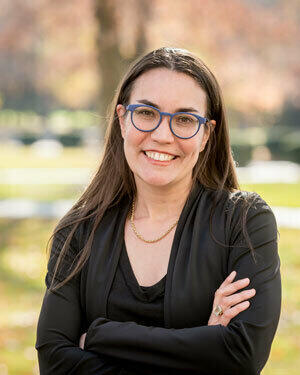Event time:
Thursday, February 22, 2024 - 5:30pm
Location:
HQ 131 (320 York Street)
Event description:
RSVP required By Feb. 15: please submit via this form: https://bit.ly/REEESRG-Feb22
Location: HQ Rm 131, first floor, 320 York St.
Russia’s war has grievously harmed Ukrainian agriculture. The destruction of the country’s agricultural infrastructure—storage, ports, export terminals, and the Kakhovka dam—is likely among some of the war’s most costly and lasting damages, with far-reaching consequences for Ukraine and the world. Ukraine is one of the largest agricultural exporters, and the war has severely disrupted global trade, causing food crises across many countries. This talk looks at the effects of Russia’s the war through the lens of corn, a critically important commodity crop. It traces these events back to Russia’s history of controlling the Ukrainian countryside in the 20th century and to the corn-driven boom of Ukrainian agriculture in the 21st. The talk concludes by arguing that although Russia’s war is not only about grain, it is also about grain. Agriculture is a critical driver Ukraine’s future prosperity, and Russia’s attempts to control Ukraine’s future has placed agricultural assets at the center of the war.
Bio: Susanne Wengle is Professor of Russian and Eurasian Studies at Uppsala University. Her research examines Russia’s post-Soviet political and economic transformation and engages with questions how we study market creation in this context and beyond. She is the author of several books about agriculture and development in Russia, including Post-Soviet Power: State-led Development and Russia’s Marketization (2015), and her latest book, Black Earth, White Bread: A Technopolitical History of Russian Agriculture and Food (2022). Her publications address many other aspects of the post-Soviet transition, including on the effects of sanctions on Russia’s, on welfare reforms, the politics of expertise and on shifting themes in Russian public discourse. She is also the editor of Cambridge University’s new textbook on Russian politics, Russian Politics Today: Stability and Fragility (2023).
Admission:
Free
